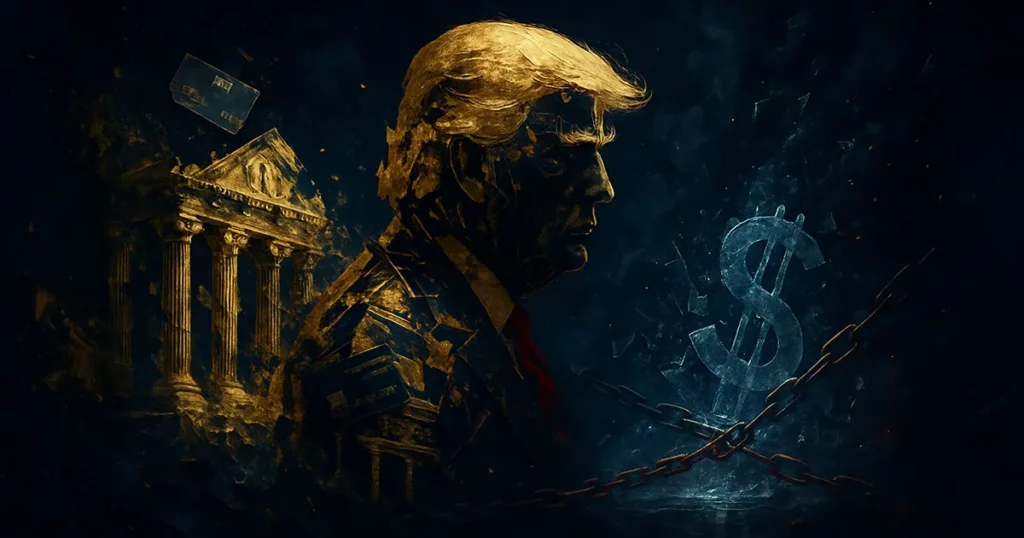
Custodia Bank founder Caitlin Long dives into Trump’s debanking executive order
President Donald Trump signed a debanking executive order on August 7, aimed at ending banking discrimination against the crypto industry. In this article, Custodia Bank’s founder and CEO, Caitlin Long, sheds light on the finer points of the order.
The first “hidden gem” highlighted by Long is the installation of an independent overseer to monitor debanking issues. This move appears to demonstrate a lack of faith in the existing three federal banking regulators – the FDIC, Federal Reserve (Fed), and OCC – the administration’s willingness or ability to address political and unfair debanking practices. Instead, the Small Business Administration (SBA) will oversee these agencies.
The appointment of Kelly Loeffler as the SBA leader is particularly noteworthy. A former senator and CEO of Bakkt, a prominent digital asset services subsidiary of Intercontinental Exchange (ICE), Loeffler has been an outspoken supporter of Bitcoin and the broader crypto industry. This development suggests that the administration has faith in her ability to address these issues fairly.
Long also addresses concerns surrounding political leanings inside banking agencies like the Fed and FDIC. According to contribution records, a significant majority of donations from staff went to Democratic candidates in recent elections. Long estimates this figure to be as high as 92% for Democrats in 2024, raising concerns that regulatory actions may have been driven by partisan biases.
Furthermore, she emphasizes the order’s definition of “politicized or unlawful debanking” which focuses on “lawful business activities” rather than naming a specific sector. This language effectively means banks can no longer refuse service simply because a business is involved in crypto-related activities if it remains compliant with regulations.
Long notes that banks that refused to serve crypto companies like Custodia Bank, which faced debanking after regulators pressured multiple banks to cut ties due to their crypto operations, will be held accountable. The order’s success or failure, therefore, will be measured by the reinstatement of these companies.
The article highlights the Trump administration’s apparent lack of trust in existing agencies’ ability or willingness to address political and unfair debanking practices.
Source: cryptoslate.com


